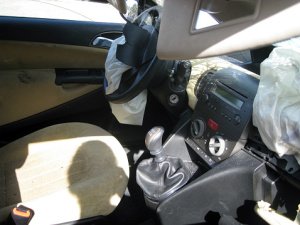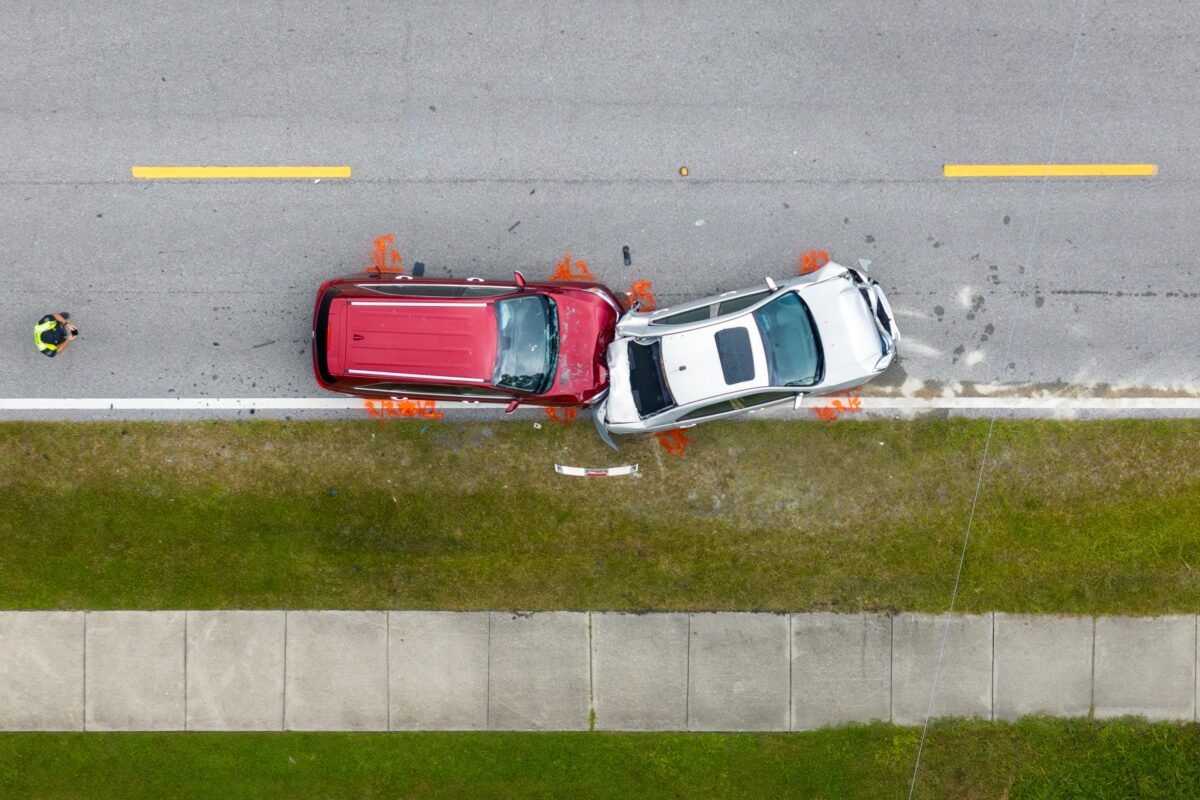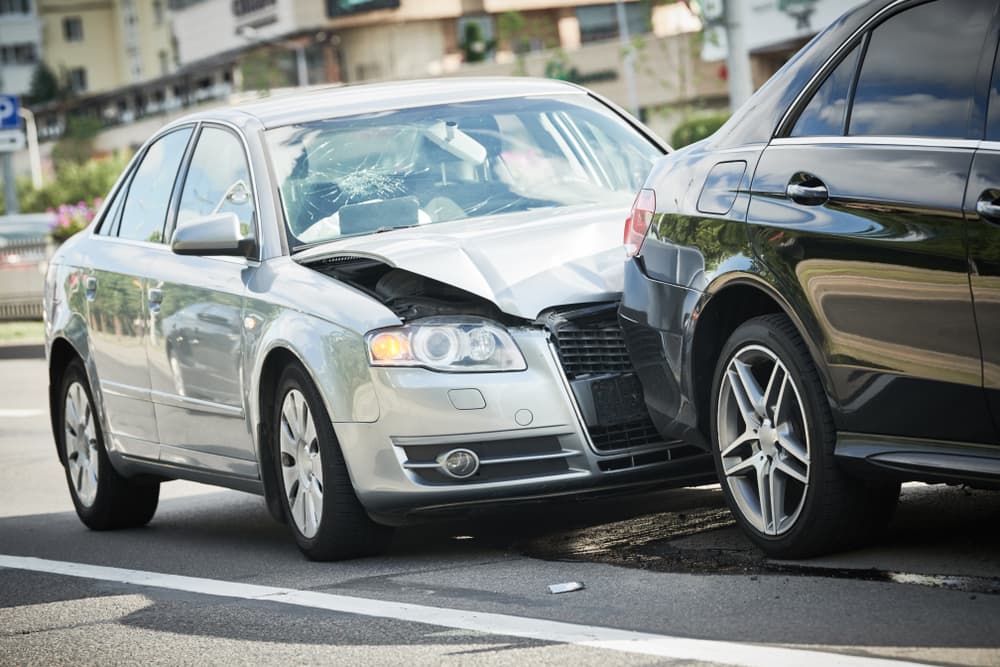
Car recalls have been in the news a lot lately. But no recall could potentially be as big as the problem with Takata air bags, which can explode, sending shards of metal into the passengers the devices are supposed to protect. These air bags are prone to failure, especially in areas of high humidity.
About 7.8 million cars with defective Takata air bags have been officially recalled in more humid parts of the country. Surprisingly, South Carolina is not included in the recall. More than 30 million cars in the United States have these dangerous air bags, which have been linked to four deaths and more than 100 injuries.
Members of Congress are calling for a nationwide expansion of the recall, which includes popular models from Honda, Toyota, Ford, Chrysler, GM, Nissan, BMW and others.
To see if your car is involved in the recall, look up its vehicle identification number (VIN) on the National Highway Traffic Safety Administration’s website or the website of the company that made your vehicle.
Not Enough Parts to Fix Recalled Cars
While Washington debates the issue, car owners around the country wonder whether the very thing that is supposed to protect them could actually be the cause of injuries or worse in what may otherwise be a minor crash.
How should car makers respond to such a large recall, which could be one of the largest ever and involve so many different manufacturers? GM recalled millions of cars earlier this year for faulty ignition switches and other issues, and is still struggling to fix the problems with those vehicles.
Owners of cars with defective air bags have called dealers and been told they don’t know when they can get their cars fixed. It takes time to gather parts and schedule repairs, especially with a problem of this magnitude.
A recent article in The Washington Post reports that Honda says it does not have enough parts to fix more than 5 million cars, including popular models such as the Accord and Civic. Toyota is telling dealerships to disable air bags and put notes on glove boxes warning people not to ride in the passenger’s seat.
Should Recall Expand to Less-Humid Areas?
Limiting the recall to geographic regions means owners of cars with the defective air bags in non-recall states – including South Carolina – won’t qualify for free repairs or be automatically notified of the problem.
The Washington Post article said that at least two of the fatal accidents happened in states not included in the recall. Because cars are tracked based on where they are registered or initially sold, someone with a defective car who has moved to a more humid area may not get the recall notice either.
Adding to the problem is that Takata controls 30 percent of the world’s air bag market, according to The Washington Post, and car manufacturers say new air bags are already in short supply.
The bottom line is that the recall is a mess – for consumers, for dealerships and for automakers. It will take a long time to fix this problem, and even longer if the official recall is expanded to less-humid areas.
However, there is no excuse for putting motorists’ safety at risk. People have to be confident their car won’t shower them with shrapnel after a fender bender.
If you or a loved one have been injured by a defective air bag or other defective vehicle part, it’s important to contact a qualified automotive product liability lawyer right away.

































